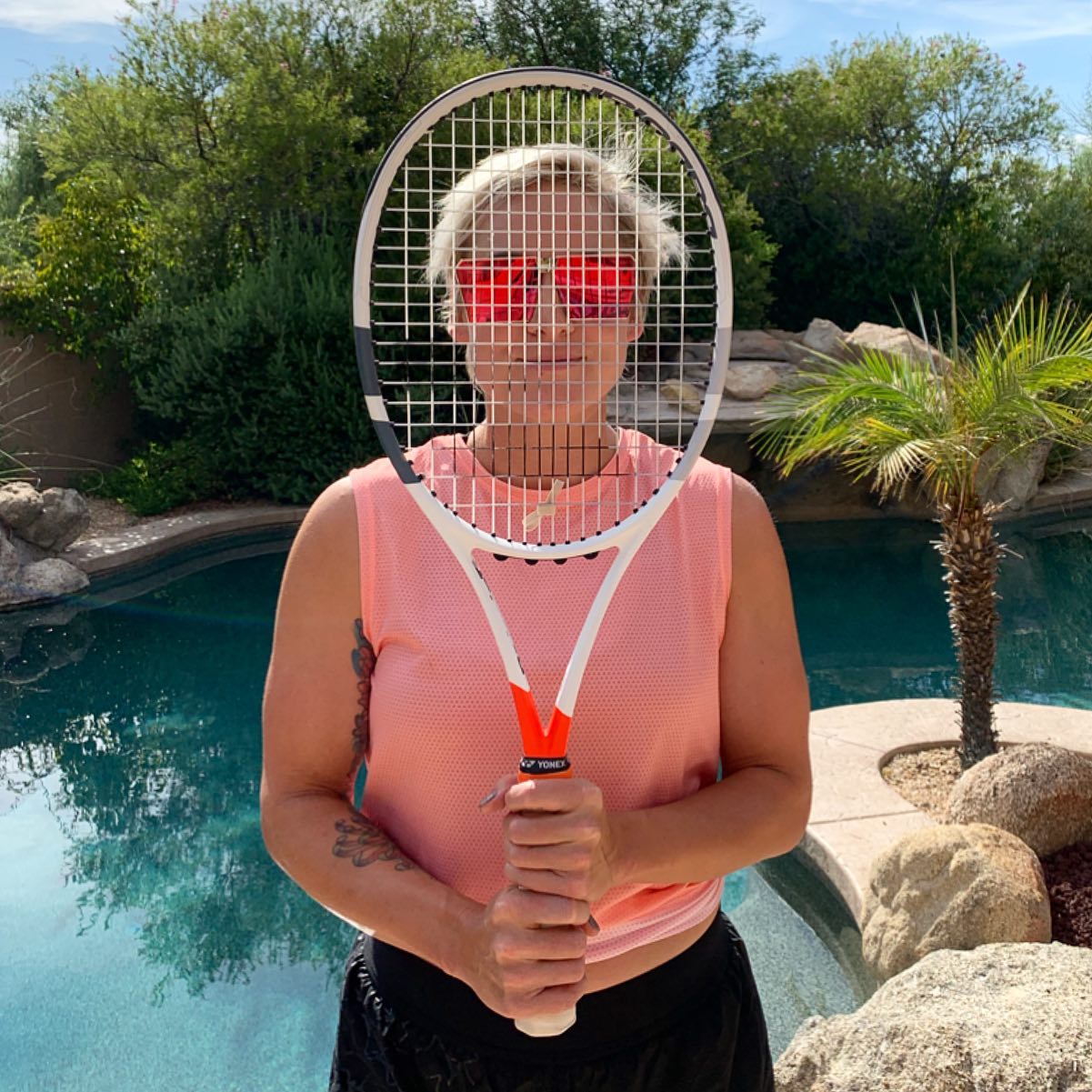Don't Miss
- Brisbane International Draws and Schedule of Play for Friday, January 3, 2025
- Happy New Year To All The Tennis World from 10sBalls (TennisBalls )
- Brisbane International Draws and Schedule of Play for Thursday, January 2, 2025
- Gabriela Dabrowski Shares Breast Cancer Battle and Health Update
- Brisbane International Draws and Schedule of Play for Wednesday, January 1, 2025
- Noah Rubin’s “Behind The Racquet” with Brandon Holt • Tennis | 10sBalls
- Brisbane International Draws and Schedule of Play for Tuesday, December 31, 2024
- Brisbane International Draws and Schedule of Play for Monday, December 30, 2024
- Laver Cup Tennis September 19-21 in San Francisco – Ticket packages
- Brisbane International Draws and Schedule of Play for Sunday, December 29, 2024
- Ricky’s picks for the season-opening ATP tournaments in Hong Kong and Brisbane
- BNP Indian Wells Premium Package Now On-Sale including NOBU
- Ricky’s picks for the 2025 United Cup
- Simona Halep Withdraws from Australian Open Qualifying
- Alex de Minaur and Katie Boulter are Engaged!
Noah Rubin’s “Behind The Racquet” • With • Bethanie Mattek-Sands | Tennis 10sBalls
- Updated: August 5, 2019
 Photo by Behind The Racquet via Facebook
Photo by Behind The Racquet via Facebook
Editor’s note: 10sBalls thanks Noah Rubin for giving us permission to repost these great stories. We wish him and this endeavor the best of luck. Great seeing Noah wearing K-Swiss and playing Solinco Strings.
”I grew up with this idea that winning was prioritized over everything else. That somehow if I came away with a first place trophy, that the people around me would love me more. I soon realized that these moments were fleeting. That the minor satisfaction the people around me felt would only last so long. That I wouldn’t receive the same feeling as if I played for only myself. To break this habit took ongoing, conscious effort. Tennis puts this stigma on losing to the point that only the winners receive the platform to speak. It’s truly sad that losers are barely acknowledged in a sport where defeat is an every week occurrence. We need to change the idea that losing equals failure, rather than something that takes place every week. I got to a point where I figured out that the match was the bonus. I was able to play the way that I wanted to, the style I wanted to. Once I understood these key factors I began to play more freely than ever. I found a love for playing how I wanted to without worrying about what other people wanted for me. The hardest thing I’ve ever had to do wasn’t learning how to walk or run again, it was learning how to be truthful to myself. I spoke in a positive manner for so long but for a period of time I wasn’t sure if this was because it sounded nice or what I thought people wanted to hear. I then got to a point that I had the ability to call myself out on my own bulls**t. It was extremely refreshing to be able to understand when I wasn’t being truthful. For the longest time I wasted energy dwelling on certain moments that I couldn’t change. I would actually engage in full conversations with myself to try to overcome this issue. I have had so many injuries but this was a turning point for me. The day after I had my big knee injury at Wimbledon, I made a song with Lucie Safarova. For a quick second after the injury I wanted to be pissed off at the event but I didn’t allow myself to get there and I wanted to live by the words that I started to believe. I wanted to prove to myself that this new mentality was for me and no one else. I didn’t want to let the negativity of what just happened dictate the way I felt and acted.” –Bethanie Mattek-Sands
****






